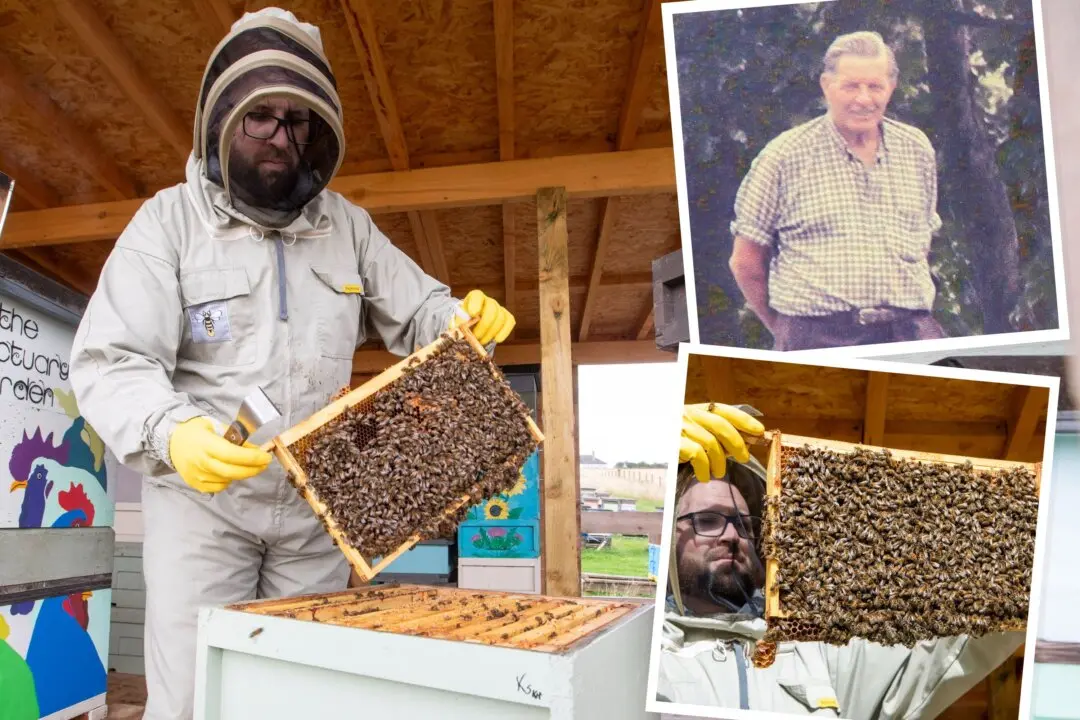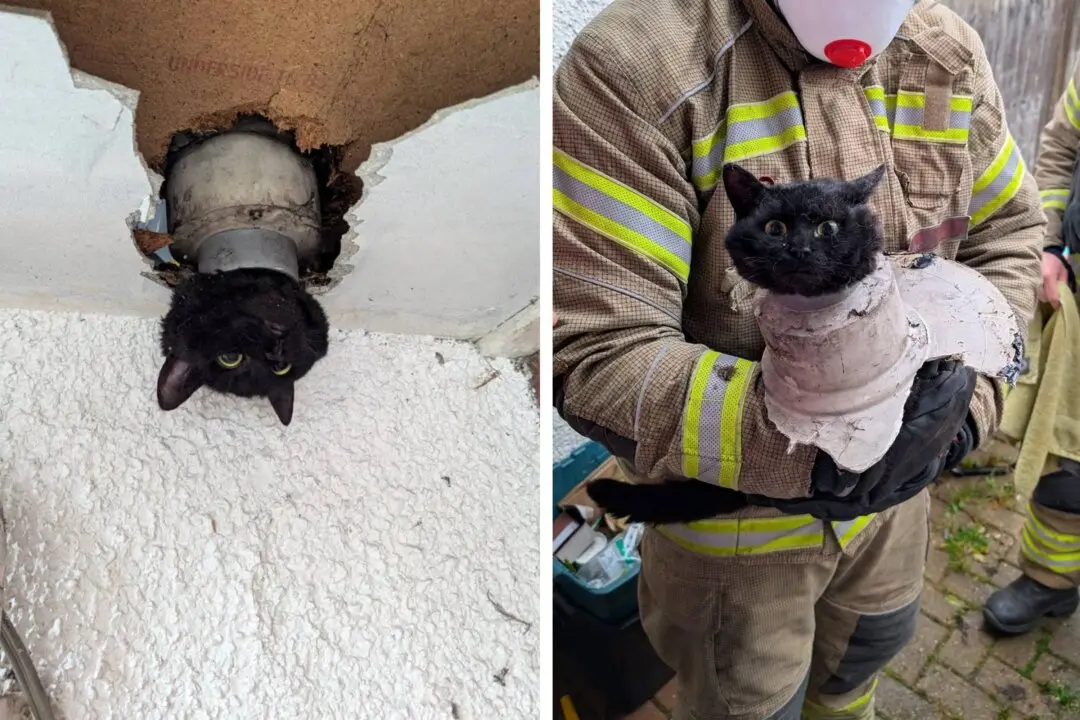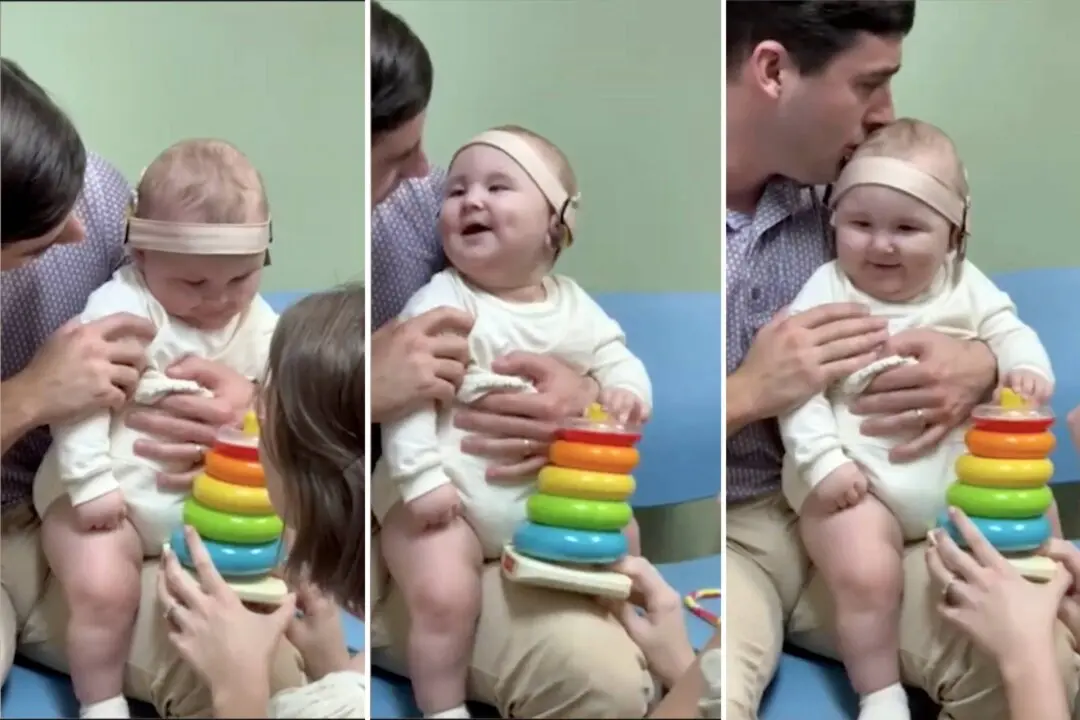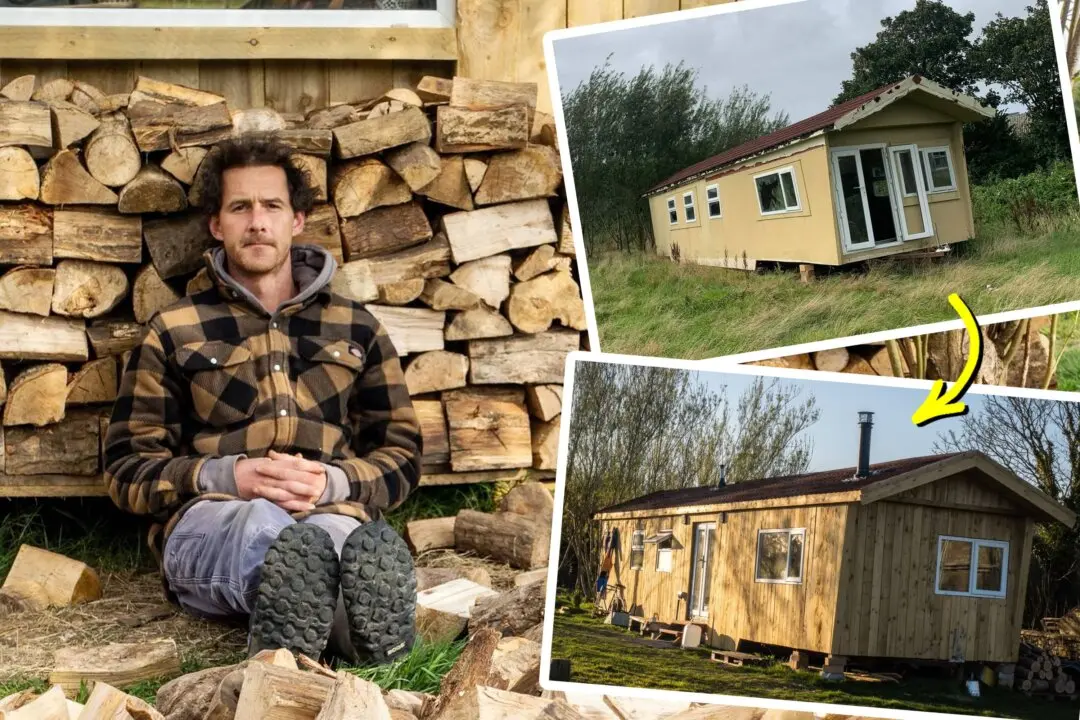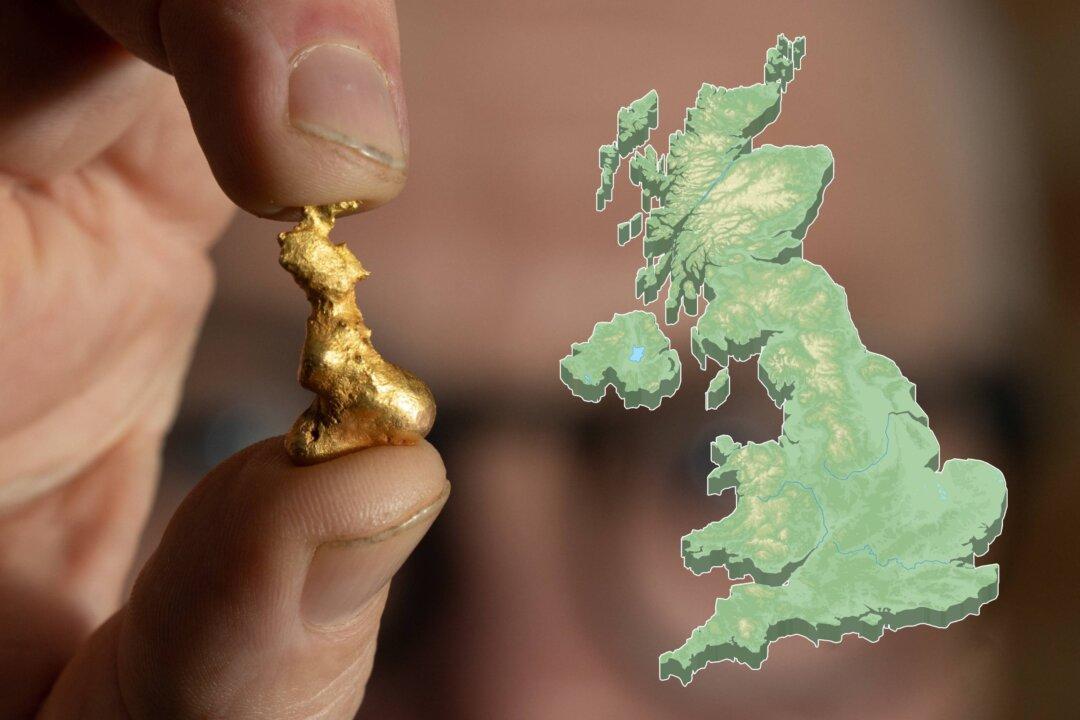A beekeeper found his grandfather’s long-lost beehive abandoned and thriving in a quarry and turned it into a colony of millions.
Ross Main, 36, grew up with his granddad William Main, a beekeeper and gamekeeper, who regularly took him along to check up on his bees. When William passed away from cancer in 2007 at the age of 77, Ross assumed the hives had been sold. However, after the birth of his own son in 2015, Ross was inspired to try and find his granddad’s hives.

